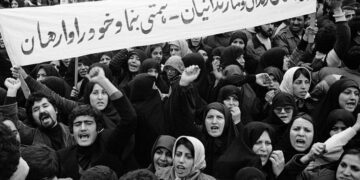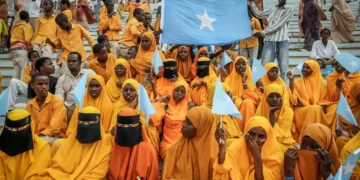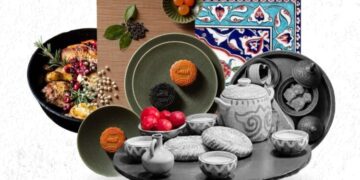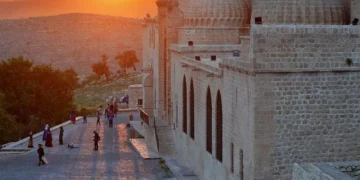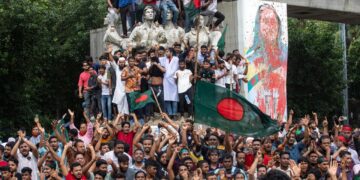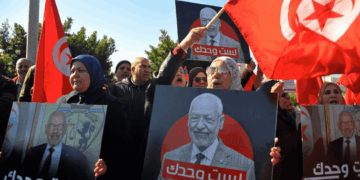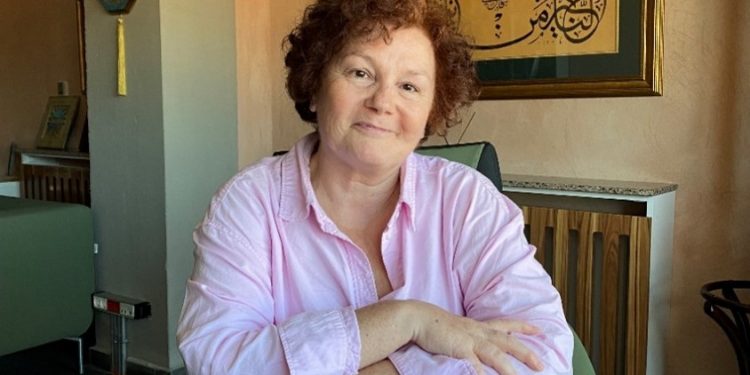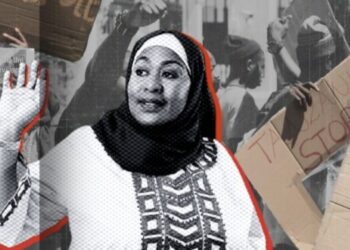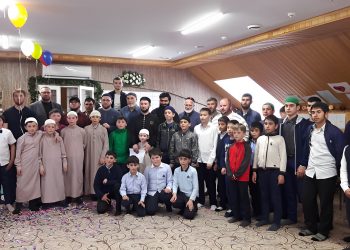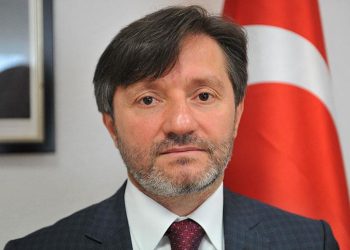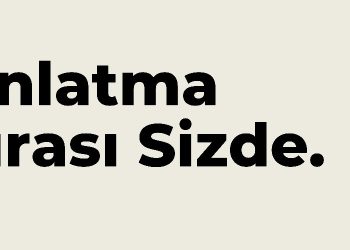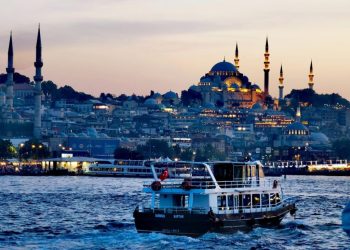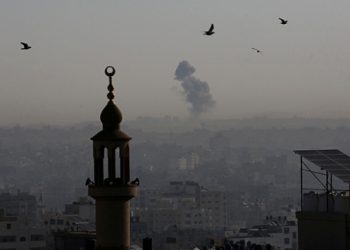What was your motivation behind writing your book Beauty and Islam: Aesthetics in Islamic Art and Architecture?
The main thing is that Islamic culture is also my heritage. Because I was born in Algeria and have an immigrant family coming from south of Spain, Andalusia; they had migrated out of poverty and moved to North Africa. Thus, we, the Spaniards, have a Muslim heritage but it has a history that stopped in 1492 with the conquest of the Christians and the removal of the Muslims from Spain. But it’s in our blood, in our culture due to 800 years of Islamic civilisation in Spain; so, this is our heritage.
Also, another reason is being born in a Muslim country; I was born during the War of Independence from the French, and Algeria was still a French colony. We were French citizens, but we were Spanish, not French. It was difficult, not as much as for the local population, but it was nevertheless difficult for us, not being French but living in a French colony. We suffered as well from segregation, yet it was the war of liberation, the decolonisation of Algeria as a part of the decolonisation of Africa. So, I’m part of this history. I was little when we were expelled from Algeria with the other French people after the end of the war so that Algeria could build itself as an Algerian Muslim country. I grew up in the south of France, in Marseille, which is again a place that has a very important Muslim community. Therefore, this culture has always been an environment; it’s in me, it’s my heritage and history, and it’s always there.
It was natural for me to be interested in anything Islamic and the cultures of North Africa, Spain and the entire Muslim world. Before I was engaged in superior studies, I would visit North Africa all the time and with the local people, with Moroccans in particular. When I had to decide about my studies, I was very much interested in studying Islam and Islamic art and anything Islamic. So, that’s how I developed my research, and that’s what I always wanted to do. When I decided to research, it would be on Islam, nothing else; I never had any other project. It’s been almost 30 years that I have been researching; what I present is the result, not only of 30 years of researching but also of thinking, writing and visiting. It’s about going to the country; it’s about being with the people, meeting with the people. For me, the people are as important as the locations and then studying at your desk. The books are good, but the people are teaching you as much.
You are coming from an immigrant family. How did your immigrant identity shape your perspective on Islamic art?
First of all, going to Spain and seeing the magnificent Islamic art in Spain [was influential because] we have a magnificent heritage. One of the oldest mosques in the world is in Spain, the Umayyad Mosque in Cordoba. Muslims arrived from North Africa in 711; they conquered Spain and settled in, then built a mosque and completely transformed the Spanish landscape into an Islamic landscape. So, there are still monuments that show Alhambra in Granada. So, it’s a very old Islamic legacy from the beginning of Islam in the world; in Spain, we have the best-preserved palace of the Middle Ages, the Islamic Palace of Alhambra. Furthermore, when the Christians removed the Muslims, they built a church inside the mosque, but just in the middle, they didn’t destroy the mosque. You still have the magnificent mihrab there, built by al-Hakam in the 10th century. When I would go to Spain, I was dazzled by this heritage.

Exterior view and decorative detail from the magnificent Mosque of Cordoba. Present day’s Mezquita Cathedral, Andalusia, Spain. (https://www.shutterstock.com/tr/image-photo/exterior-view-decorative-detail-magnificent-mosque-2135877201)
However, that’s not the only reason why I was interested. There is a more disturbing reason, which is that since I was born during French colonialism, I became very quickly aware of colonialism, and I had to understand what [French colonialists] did to the Muslim countries and African society. This colonialism is a trauma for me as well. For example, a lot of people in my family were dead. I was a child, but the family stories of war and colonialism… I had to understand this and the trauma. Colonialism was even a much worse trauma for the Algerians, yet it was also [traumatic] for us as immigrants. So, for me, it was a quest for understanding. Because French colonialism is Christianism, then in Spain too, you have this history of Christianism. Then, we have a very bad episode in Spain in modern history where you have this dictator, Franco, who tried to erase the Islamic past of Spain from the memory of the Spaniards. That was very disturbing. Thus, it was all researching, trying to understand all of these very difficult things. Everything was difficult in the 60s, [all the issues of] the decolonisation, the relationship between the East and the West. So, all that history… There were multiple reasons why I was interested in it, like a quest, and it was always based on the love of anything Islamic, of the aesthetics and of the people. I love the religion and the essence of it.
Does Islamic art continue as a tradition in the modern world?
Today is like in the past; that is, the Islamic heritage is a tradition, but it’s a very alive tradition. One of my messages always is that tradition is always creative. You don’t need to be modern, you don’t need to deny your tradition. To me, being modern is not being anti-tradition by no means. I think this is something that creates a lot of tension in the Islamic world because the West makes you think that tradition is anti-modern, and it’s not true. You can be very modern in your way of thinking, a very modern person and a very spiritual traditional person. It’s very compatible. Now, you have people who are not modern because they are backwards, and those people are not traditional; they are conservative. It’s different. But the West makes you think that the West has the resources and that tradition is not modern. I don’t agree with that. You aren’t involved in your tradition or your religion passively; if you are in this type of vivid, alive, productive tradition, you are as well modern.
Do you think Islamic art continues with its own modern interpretations?
I think the art in Islamic countries is very alive, creative and very much appreciated by the West. Contemporary art in Muslim countries is very vivid and very much appreciated. And it makes people money, it’s money as well for the Western collectors, museums and all; they love it, and they buy it. There is an attraction. But what is interesting is that you have a change of location. Galleries are no longer only in New York or Paris or Berlin; [but instead, they are in] Dubai, Qatar, İstanbul… It’s changing. I’m not looking at politics here, I’m looking at cultural politics. For example, Iranian art is extraordinary, yet you don’t look at the regime whatever you think about it. But I think we have to look at how people culturally behave, not the regime. But I think we need to look at the cultural dynamics and, in particular, in the Gulf, where there is a lot of money but also great artists. But the contributions of these artists in their country vis a vis the world is extraordinary. So, we have to look at that. You have a lot of talent and [talented] people in the Muslim world. But then you have the games, like, where is the money? Obviously, the politics are always on the way, always there.
Visual and plastic arts are very strong in European history; however, they did not develop as prominently in Islamic civilisation. Can we consider this as a weakness of Islamic arts? Can the fact that visual arts flourished in Europe while remaining relatively weaker in Islamic arts be seen as a disadvantage?
No, it’s not a disadvantage by any means. First of all, we have great representations of Islamic art in books, in Ottoman or Mughal or Persian paintings. We have great art of images but it’s in books, it’s not like in frames or in pictures like that of the West. This is an invention of the West, the pictures with images. But in other countries, they invented other art forms that are as good. This is, again, due to colonialism, we think the art produced [in Europe] was the model. Now, we understand that this is not true. There is art everywhere in different forms, and this is just the Western distortion of things. Today, with globalisation, everyone can do whatever they want. You can use Western techniques but with an Islamic spirit, or even Westerners now are interested in looking at Islamic aesthetics and appropriating and doing things with their own vision of Islamic art. So, we have all sorts of possibilities of creativity today. There is no disadvantage here; it’s different art forms, different visual expressions and everything that makes you think otherwise… You need to be conscious; this is Western intellectual hegemony; this is not the truth. In Africa, you have an extraordinary art. Artists in the West like Picasso or Matisse discovered that [the art in Africa and the masks there] are great art, and this changed the mentality.
Creativity is everywhere and equal.
The only disadvantage now is money or political oppression. When you are deprived of money and mobility, and you live in poverty, then you cannot [create art]. Unfortunately, you have a lot of parts of the world that are in that situation. So, that is the disadvantage, but creativity is everywhere and equal.








